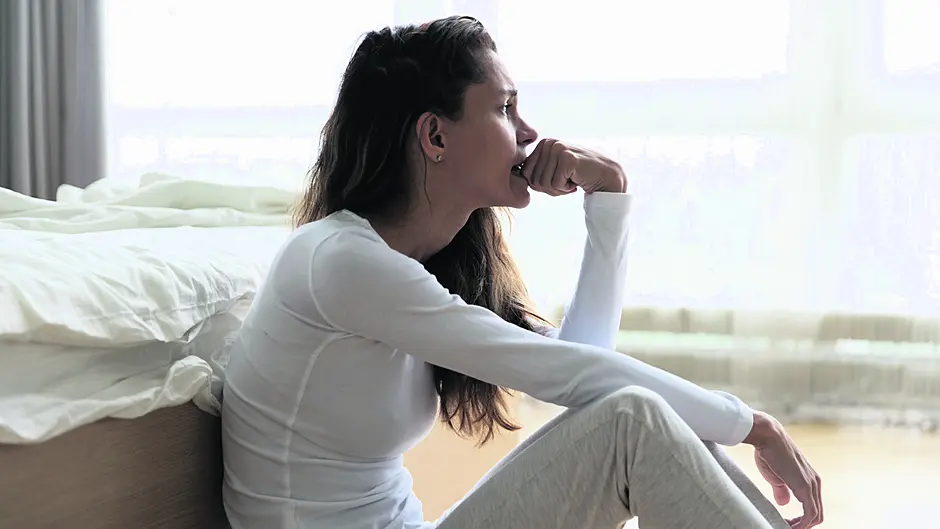You might want to change your life, but nevertheless keep doing things that make you unhappy.
Why? Someone might think, is it some sort of self-sabotage? Might there be some deep-rooted psychological reason why I’m sabotaging their own life?
Probably not. Most of the time, the answer is much simpler.
Psychotherapists often talk about client resistance – that is, when the client appears resistant to therapeutic change. Now, it may well be because the client is getting bad therapy, but let’s say that’s not the case.
Let’s say the therapist is doing their best to help, but the client isn’t changing in any way. Does this mean the client doesn’t really want to change?
Not necessarily. Generally, it’s more subtle than that. Rather, the person may be ambivalent about change. Yes, they want to be happier, or less anxious, and so on, but they might also be uncomfortable about changing certain behaviours.
Cognitive behavioural therapist (CBT) and author Dr David Burns gives the example of one client, Sam, who was suffering from severe post-traumatic stress disorder (PTSD). Two gunmen robbed Sam’s workplace. Before leaving, they threw him into a walk-in freezer and left him to die. He was discovered the next morning, still alive but badly traumatised. The gunmen were never captured.
Sam soon developed panic and rage attacks. He suffered from flashbacks, worried about further muggings, and ruminated about revenge. Consumed by anger and panic, he wanted his life back.
Dr Burns reassured Sam that the prognosis was quite positive. Sam assumed therapy would take a long time, maybe years, but Burns said that shouldn’t be necessary. It might take a few months or, if they worked hard
together, perhaps even less than that.
To his surprise, Burns was met with a lot of ‘yes, buts’. Sam became flushed and angry. Didn’t Burns know what he had suffered? Didn’t he realise he felt like crap 24 hours a day?
Burns gathered himself. Seeing that Sam felt insulted and misunderstood, Burns changed tack and asked him to do a cost-benefit analysis (CBA) of his rage and panic, listing the advantages as well as the disadvantages.
Advantages
The advantages: Sam said his anxiety and constant vigilance helped protect him from danger.
Additionally, his anger showed he wouldn’t passively accept being abused by thugs, as if he was a wimp, a doormat. He wasn’t going to let those guys walk all over him and be happy about it – no way. He had every right to be angry.
Thirdly, if he was ‘cured’ quickly, like Burns suggested, it would imply his suffering was trivial. But it wasn’t – he nearly died.
As Burns empathised, Sam was ready to think of the disadvantages. Maybe his anxiety didn’t really keep him safe. Maybe the bad guys can pick up when you’re scared; maybe he would actually be safer if he was confident and alert.
Secondly, while he had every right to be angry, he also had the right to be happy. Besides, the thieves didn’t know he was angry. Sam was the only one suffering, so he was punishing himself.
As for quickly getting better, that would be good, in that he could get his life back and stop feeling miserable all the time.
The more Sam thought about it, the more he saw the advantages of his rage and anxiety were greatly outweighed by the disadvantages. Only then was he ready to tackle his problems.
The point is, all behaviours – even obviously counter-productive ones – carry certain perceived advantages.
A chronic worrier, for example, might be miserable due to their worrying while simultaneously having positive beliefs about worry (‘worry shows I care’, ‘worry shows I’m responsible’, ‘worry keeps me safe’, and so on).
Someone with OCD might hate their compulsive behaviours while also believing these behaviours keep them safe, or that they could not function without doing them.
Someone prone to depression or self-criticism might think they are at least atoning for their apparent shortcomings by beating themselves up.
There are always reasons why we do the things we do. Start by identifying these reasons.
Then, identify the reasons to change. To break any unhelpful habit, it’s important to understand what’s keeping you stuck.








